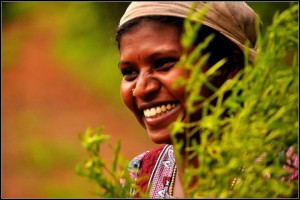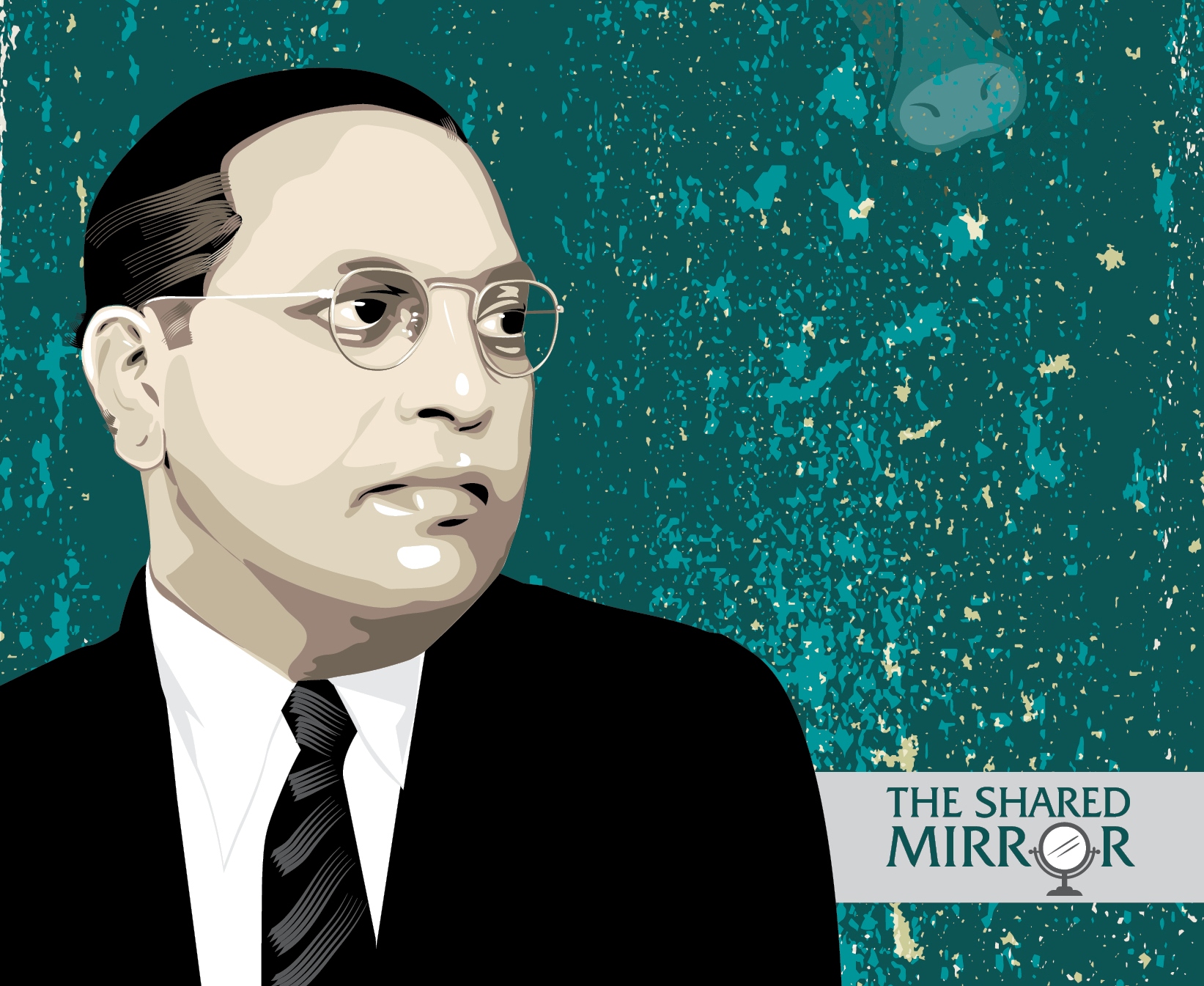This documentary by Rupesh Kumar was screened on August 22, 2012
At Friday club , Ernakulam, Kerala.
The documentary Sabitha: A Woman And A Day, tries to trace the postive aspects of an adivasi woman’s life. It is shot in the Ambedkar colony in Kambalakad, Wayanad, Kerala. This documentary exposes the ‘patronship ‘of the adivasis by the media and the other established groups. Such patronship goes unquestioned in Kerala, even as it systematically denies the voices of adivasis and promotes non-adivasi interests.
This documentary tries to deconstruct this oppressive, sympathetic gaze on the adivasis, which has become a part of their marginalized reality. ‘Sabitha: A Woman and a Day’ can indeed be treated as an Adivasi feminist text. It presents the journey of a woman named Sabitha in a single day. The director tries to be as non-intrusive as possible by just following Sabitha around with his camera, whereby she becomes the primary narrator of the entire film. There is also an attempt to work with certain shots such as the low angle shot so as to establish the power of Sabitha in the visual text.
Here you can see Sabitha critiquing the elite feminists saying that by denying the adivasi woman her voice the feminist movement cannot go forward.
She gives us a glimpse of adivasi women’s lives and their powerful assertions.
This is Rupesh Kumar’s fourth directorial venture. Read his articles on Malayalam films and documentaries on Roundtable India.


I am not sure if women in other parts of the country are as liberated as Sabhita here appears as many of them are not even literate which a unique aspect of Kerala. I hail from Madhya Pradesh and I too have a paternal village which might reflect a slightly different story. Though I cannot imagine exactly what that will be but I think this documentary gives a lot to think about and work in that particular direction. It was interesting to watch it as not only does it reflect what has been written above but also if one looks at it closely, one can find interesting outlooks. The fact that I saw a young guy around brings to my mind that a lot of youth especially guys of my village have migrated in search of jobs leaving their families lonely. Plus the fact that the family shown here is martiarchial makes a lot of difference. Most importantly, the kind of strength that this adivasi woman shows is incomparable! I don’t remember such a strength being reflected by any of the women in my village – the air of independence, the freedom, the expression is new to me! I really loved the documentary!